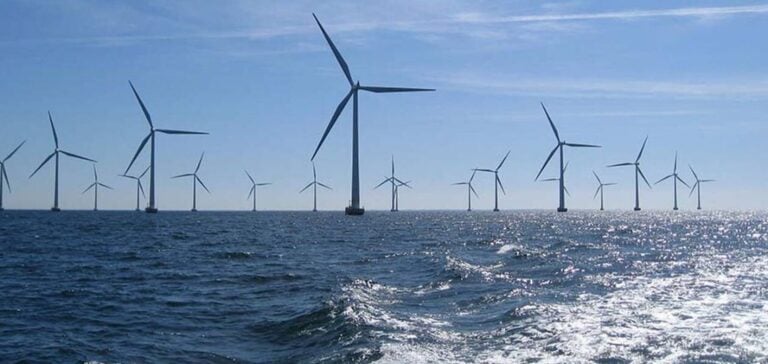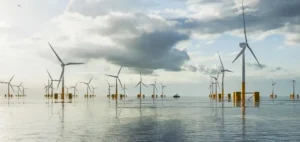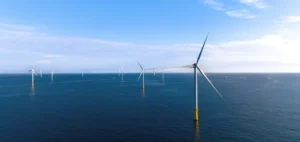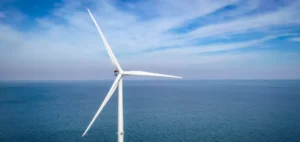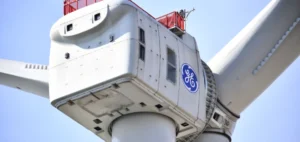Sweden’s offshore wind farm projects, aimed at meeting the country’s growing energy needs, are clashing with national defense requirements. A study by the Swedish Armed Forces, reported by the public channel SVT, highlights the risks posed to Sweden’s defense detection systems in the Baltic Sea. Currently, more than a dozen offshore wind farm projects are planned along the Swedish coast in this strategic area.
Wind turbines, with their large towers and rotating blades, produce significant radar echoes and other interferences, including underwater disruptions. These disturbances directly affect military surveillance sensors, particularly those used to detect foreign submarines. According to the analysis, these impacts could substantially reduce the alert time in the event of a threat, lowering the response time to a missile attack from two minutes to just sixty seconds.
Strategic Impacts for Sweden
Swedish Defense Minister Pål Jonson voiced concerns in response to the report’s findings. In an email to AFP, he emphasized the gravity of the security situation in the Baltic Sea region, which is particularly sensitive given current tensions in Northern Europe. The minister stated that the Swedish government takes the implications of offshore wind projects on national defense and regional security very seriously.
At the same time, Sweden’s energy demands continue to rise, with consumption projections potentially reaching 300 TWh by 2045. This increase is linked to the country’s commitments to energy transition and carbon reduction. The Baltic Sea holds substantial potential for offshore wind development, making it an attractive solution to meet Sweden’s clean energy needs.
A Dilemma Between National Security and Energy Transition
The debate over offshore wind farms highlights a conflict between two of the Swedish government’s strategic goals: ensuring national security and supporting a sustainable energy transition. According to authorities, having all necessary technical and security information is essential before approving these projects. Although the Ministry of Defense has not provided a timeline for ruling on these initiatives, the final approval for the installations rests with the Swedish government.
The recent establishment of a new NATO (North Atlantic Treaty Organization) military base in Rostock, Germany, further strengthens the strategic importance of this region. This base aims to coordinate the forces of member states in the Baltic area in the face of a potential threat from Russia. Sweden’s decision regarding offshore wind infrastructure could thus influence not only its own security but also that of its European partners within NATO.
Toward a Complex Strategic Decision
Facing increasing energy needs and security imperatives, Sweden must balance its energy development with the protection of its strategic interests. The potential impact of wind farms on defense systems, combined with geopolitical tensions in the Baltic Sea region, poses new challenges to Swedish authorities. The upcoming decision could well define Sweden’s future priorities in terms of defense and energy transition.


